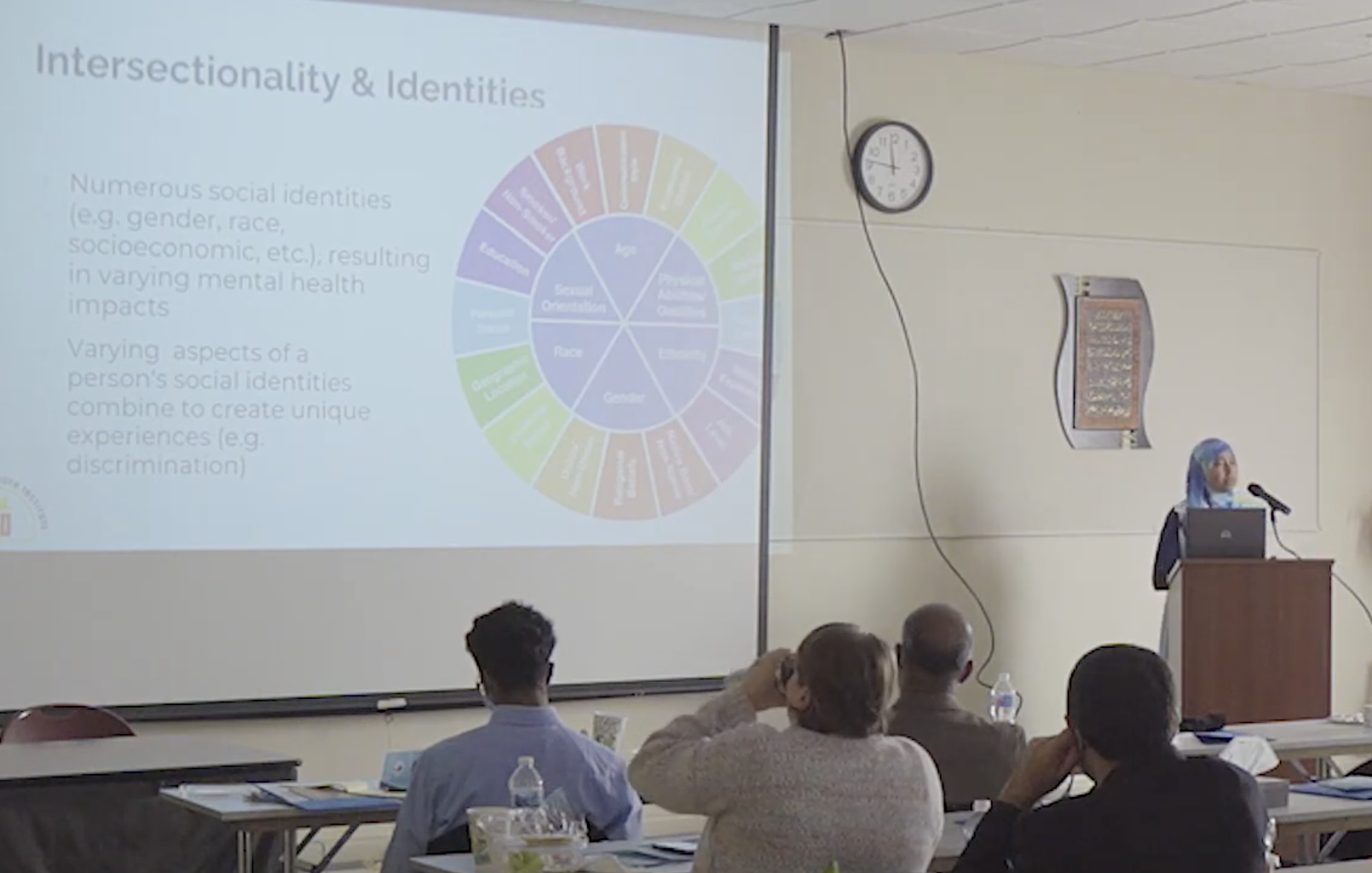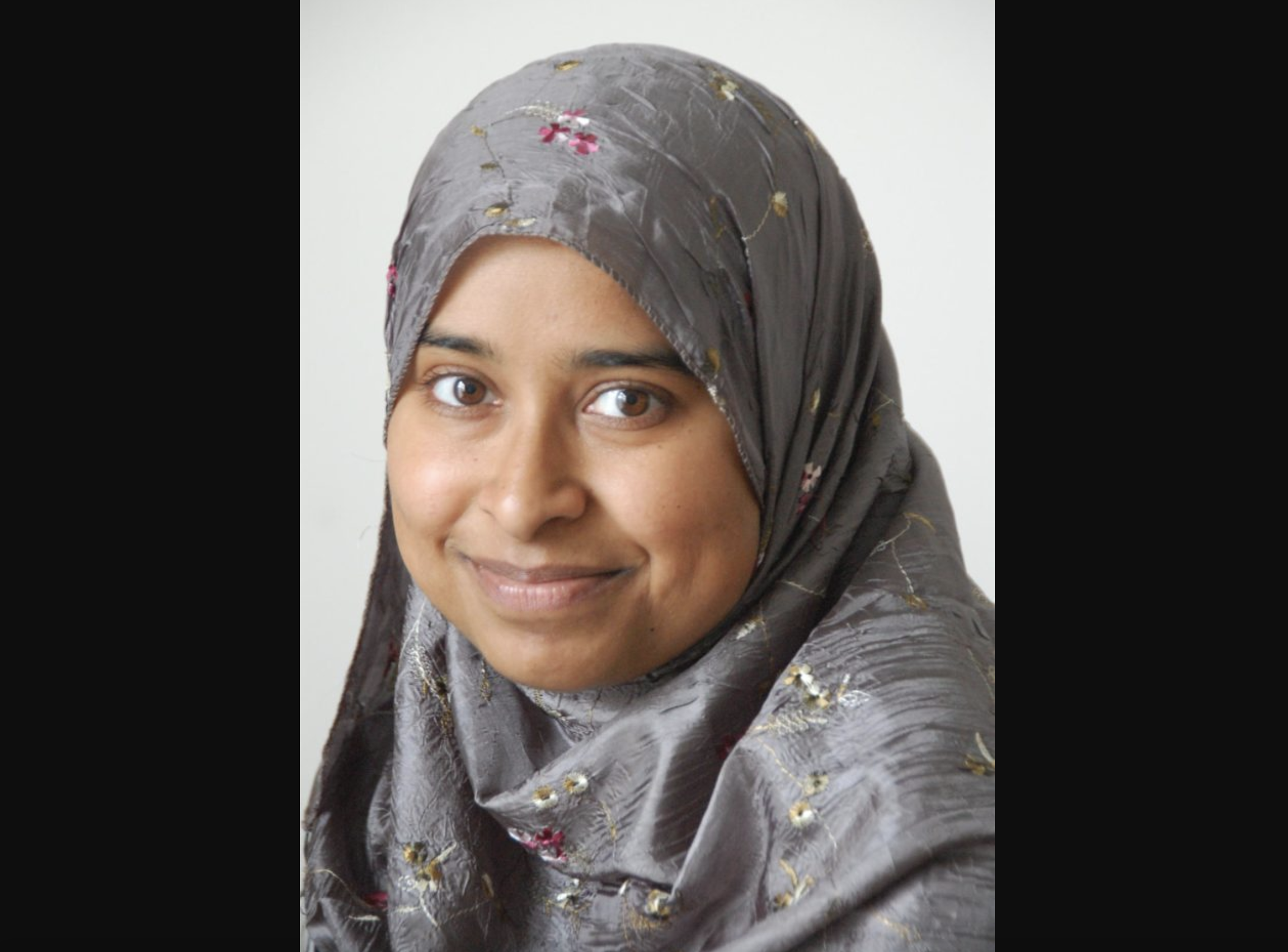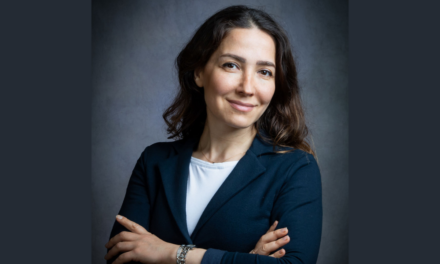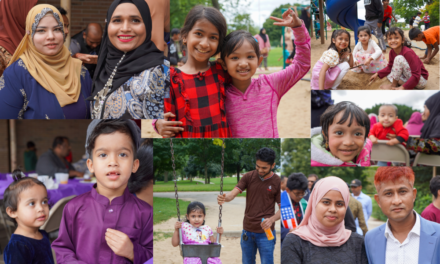This article is the third in a series reporting highlights from the MMWC Mental Health Conference. See the first article on Islam’s positive mental health impacts and the second article on Islam and domestic violence.
How can we help Muslim youth thrive?
“Do the research, analyze the data and find solutions, then develop resources,” said Dr. Sameera Ahmed, founder and executive director of The Family and Youth Institute, a national research and educational institute that focuses on Muslim mental health and family wellness.
Dr. Ahmed was a featured speaker at MMWC’s two-day conference that brought together national and local behavioral health experts to address the unique needs of Muslim patients. It was the first conference of its kind in Wisconsin.
Held at the Insight Life Learning Institute, 13780 Hope St., Brookfield, MMWC’s mental health conference was funded through a grant from the Wisconsin Department of Health Services. The Medical College of Wisconsin approved 9.5 Continuing Medical Education (CME) credit hours for attendees at no charge.
Dr. Ahmed is co-editor of Counseling Muslims: Handbook of Mental Health Issues and Interventions, an internationally known academic book on Muslim mental health. She also maintains a private clinical practice in Canton, Michigan.
Her research interests include risk behaviors of Muslim adolescents and emerging adults, skills-based parenting, marital interventions and the promotion of culturally and religiously meaningful psychotherapy.
Filling the gaps
When Dr. Ahmed became a clinical psychologist, she discovered a lack of psychological research and resources specific to Muslims. Clinical psychologists and therapists had few resources that were culturally or religiously relevant to Muslims, she said. And the publications that did exist were often factually inaccurate.
She also discovered a shortage of Muslim psychologists and therapists in the field.
In addition, a lack of awareness within the Muslim community about mental health issues meant many Muslims didn’t access the help they needed. She recalled some Muslims telling her mental health issues “weren’t relevant to our reality” and “if I just pray more, it will take care of itself.”
She saw what needed to be done:
- Reduce the stigma of mental health treatment,
- Increase mental health awareness in the Muslim community and
- Develop culturally and religiously specific materials on mental health issues for Muslims.

Addressing the issues
“What are the concerns you are hearing?” Dr. Ahmed asked the mental health professionals at the MMWC mental health conference.
Participants mentioned language issues of both parents and youth, issues around social media and cell phone use, stress, abusive parents, trauma and concerns about suicide.
Dr. Ahmed presented data showing that at least 13% of Muslim youth are dealing with anxiety and almost 30% have digestive disorders, mood disorders, ADHD, trauma or have experienced sexual abuse.
The intersection of identity and discrimination is particularly relevant to Muslim youth, Dr. Ahmed said. She shared a story about walking through campus as a college student when a group of young men yelled racial slurs at her. She realized she wasn’t safe and “that this is going to be the norm,” she said.
“For many people who are Muslim, it can be an everyday experience,” she added. Fifty-five percent of Muslim youth, one in two Muslim high school students and 78% of Muslim college students have experienced religious discrimination. And that’s direct experience. It doesn’t even include perceived experiences.”
As an example of a perceived experience, she recalled seeing another student who was wearing a hijab (a scarf covering one’s hair) being made fun of by her classmates and none of the teachers intervened. “I realized that this is what is going to happen to me when I wear a scarf,” she said.
“What is the impact of identity-based bullying and discrimination on those students’ connection to the school? If they don’t feel safe, how will they learn? How will they connect to society beyond their family and beyond their religious community?
“Discrimination is having an impact on their physical health, and increasing anxiety, depression and stress,” she said.
Black Muslims face a double whammy. They are dealing with race discrimination and anti-blackness in the larger society but also with anti-blackness within the Muslim community. “That takes a toll,” she said.

Developing a healthy sense of identity
“How do we describe ourselves? I’m a female, a psychologist, a sports enthusiast, a mother, a Muslim, etc. We need to understand that young people also have many different identities. And they will face issues depending on what identities they have. Numerous social identities, such as gender, race and socioeconomic status, will result in varying mental health impacts.
“Identity development is about which groups of people they identify with or have a shared history with, or where they have a sense of belonging. Where can they be themselves?
“Those who struggle with identity issues report higher levels of depression. And youth who report a lack of belonging report greater mental health issues.”
Building support in the family and community
One way to help Muslim youth is to provide mental health education to parents.
“Research shows unsupportive parenting, with more controls, impacts youth’s ability to cope with discrimination, deal with daily life issues, have a strong Muslim American identity and be civically engaged,” Dr. Ahmed said. “Positive communication, quality time, and strong connections with parents reduce depression by 40% and suicidal thoughts by 58%.”
Appropriate autonomy from parents strengthens Muslim identity and improves civic engagement, she added.
Another way to help Muslim youth is to raise awareness of mental health issues and resources in the Muslim community. “Research has shown that young Muslims youth have lower levels of mental health literacy, decreased recognition of mental health problems and misattribution of symptoms, not recognizing that it is stress-related.”
They delay treatment while facing worsening mental illness. Not knowing what is happening results in the underutilization of services, she said.
The Family and Youth Institute (FYI) is encouraging imams to speak about mental health and to make resources visible in their communities, Dr. Ahmed reported.
“Stigma around mental health care is reduced by increasing knowledge of Muslims’ contributions to mental health,” Dr. Ahmed explained. “Most Muslims don’t know this legacy exists. Even within the words of the Quran, you see there is a pro-psychological approach.”














